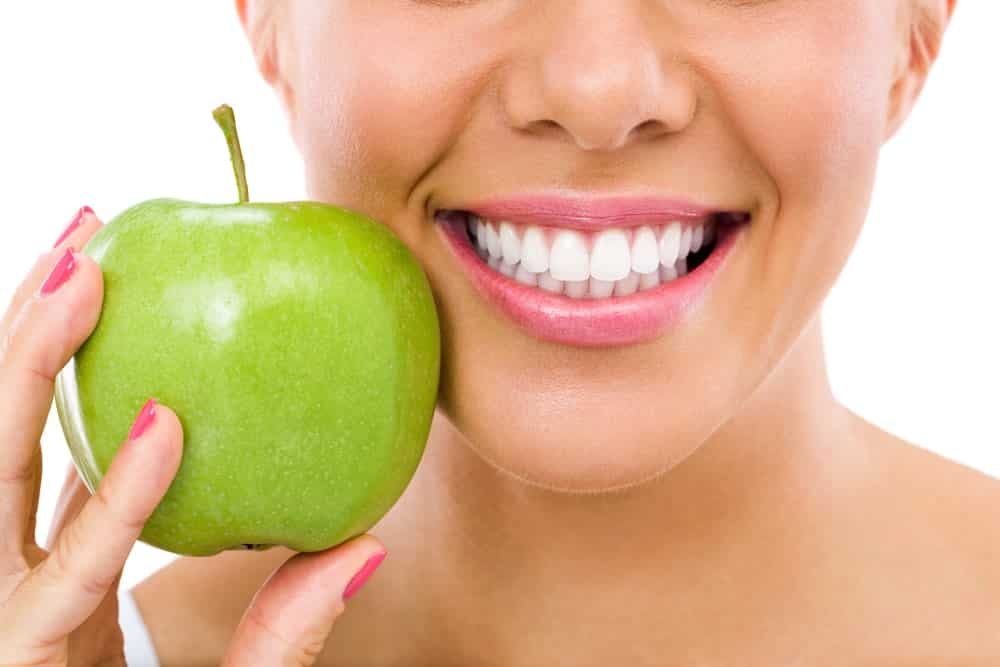
Foods and drinks that are high in sugar can increase the risk of tooth decay, while those that are high in acid can increase the risk of acid erosion. A diet that is high in sugar and caffeine can contribute to dry mouth, a condition in which the mouth does not produce enough saliva. Certain foods and drinks, such as coffee, tea, and red wine, can stain the teeth. A healthy diet that is low in sugar and rich in nutrients, such as fruits, vegetables, and lean proteins, can help prevent gum disease. By making smart food and drink choices and maintaining good oral hygiene, you can help protect your oral health.
Oral health is an important aspect of overall health and well-being. Poor oral health can lead to a number of issues, including tooth decay, gum disease, acid erosion, and dry mouth. It is important to maintain good oral hygiene, including brushing and flossing regularly and visiting the dentist for regular checkups and cleanings, to protect your oral health. In addition, diet plays a role in oral health, with sugary foods and drinks increasing the risk of tooth decay and acid erosion, while a healthy diet that is low in sugar and rich in nutrients can help prevent gum disease. By paying attention to both oral hygiene and diet, you can help keep your teeth and gums healthy.
There is a strong link between diet and oral health. What you eat and drink can affect your teeth and gums in a number of ways. Here is an overview of how diet can impact your oral health:
- Tooth decay. Tooth decay is caused by bacteria that produce acid as they feed on sugars in the mouth. Foods and drinks that are high in sugar, such as candy, cookies, and soda, can increase the risk of tooth decay. Consuming these types of foods and drinks in moderation and brushing or rinsing with water after eating or drinking can help reduce the risk of tooth decay.
- Gum disease. Gum disease is an infection of the tissues that surround and support the teeth. It is caused by a buildup of plaque, a sticky film of bacteria that forms on the teeth. Foods and drinks that are high in sugar, as well as tobacco and alcohol, can increase the risk of gum disease. A healthy diet that is low in sugar and rich in nutrients, such as fruits, vegetables, and lean proteins, can help prevent gum disease.
- Acid erosion. Acid erosion is the loss of tooth enamel due to the exposure of teeth to acid. Foods and drinks that are high in acid, such as citrus fruits and juices, can increase the risk of acid erosion. It is important to consume these types of foods and drinks in moderation and to rinse or brush the teeth after consuming them to help protect the enamel.
- Dry mouth. Dry mouth, also known as xerostomia, is a condition in which the mouth does not produce enough saliva. Saliva helps to neutralize acids in the mouth and to wash away food particles, so a lack of saliva can increase the risk of tooth decay and gum disease. Certain medications and medical conditions can cause dry mouth, but a diet that is high in sugar and caffeine can also contribute to this condition.
- Staining. Certain foods and drinks, such as coffee, tea, and red wine, can stain the teeth. Brushing the teeth immediately after consuming these types of foods and drinks can help prevent staining. Using a toothpaste that contains whitening agents can also help remove stains.
By paying attention to your diet and making smart food and drink choices, you can help protect your oral health and keep your teeth and gums healthy. It’s important to remember to brush and floss regularly and to visit your dentist for regular checkups and cleanings as well.

